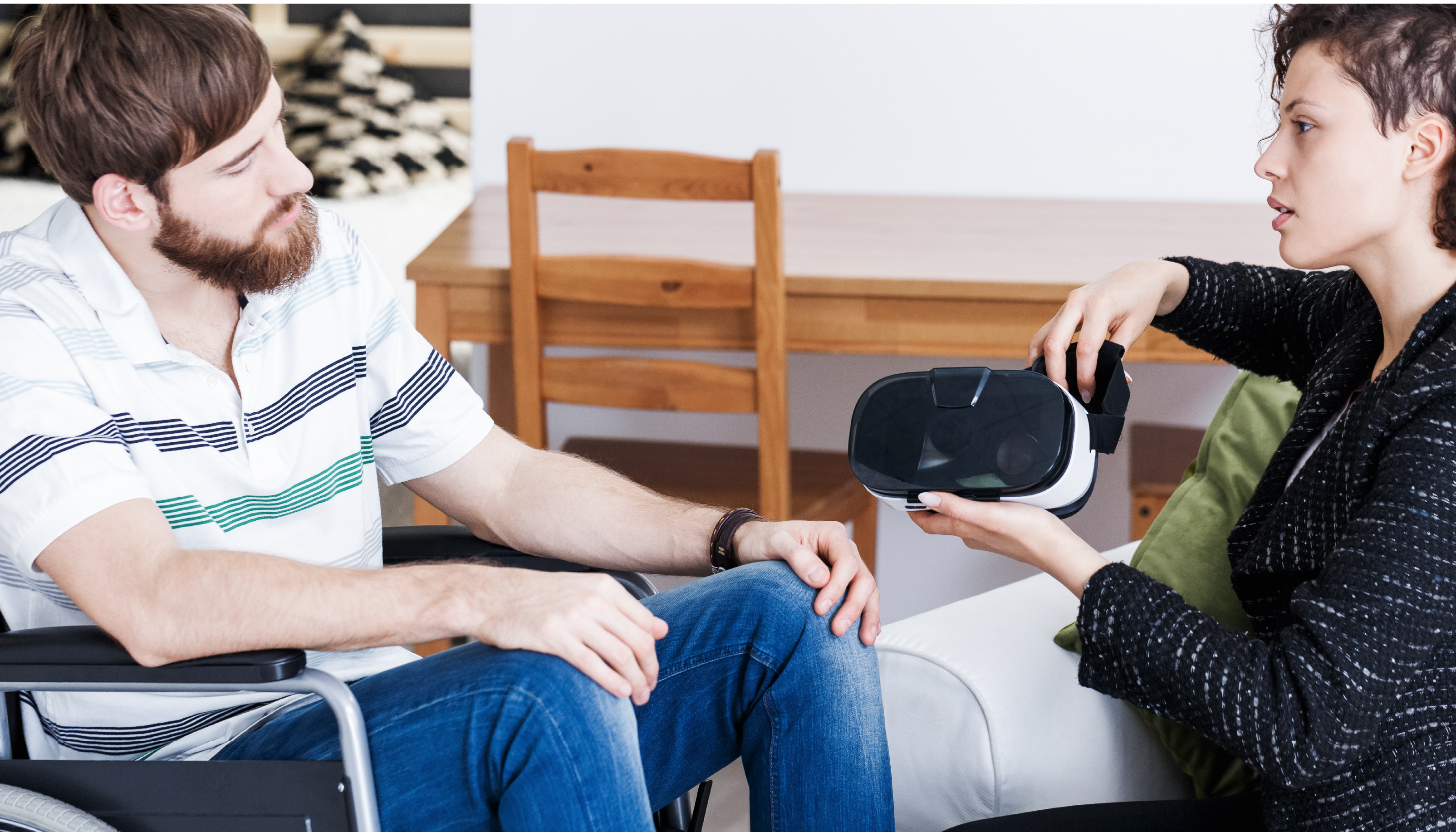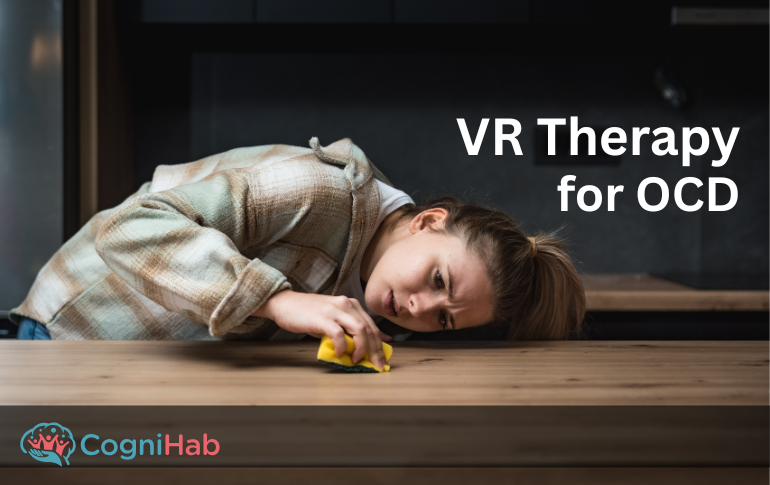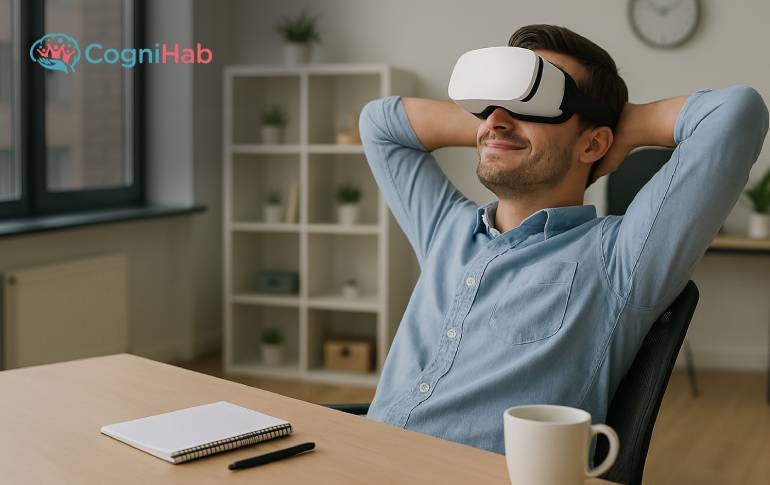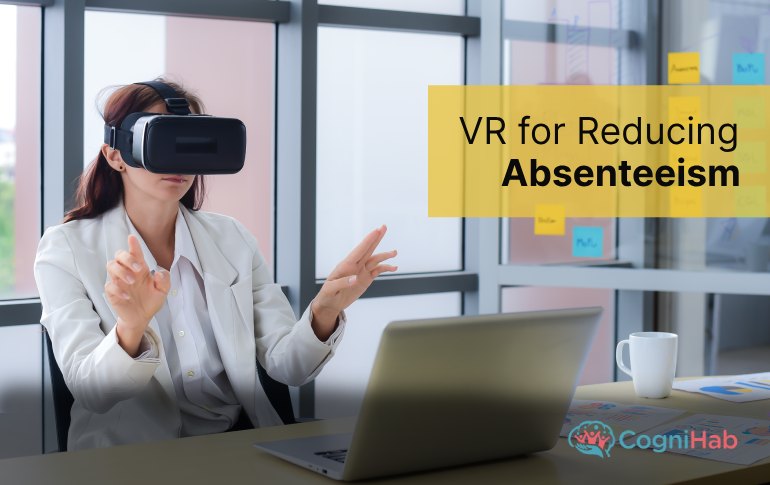Fight with Occupation stress with Virtual Reality
Stress is an emotional response to a circumstance that has nothing to do with the any specific event. When we believe that the demands of a situation are higher than our resources to deal with it, we become stressed. Major life events, such as moving or starting a new job, are common sources of stress. Long-term issues, such as a chronic illness or parenting, can also be stressful. Minor inconveniences can cause stress, such as dealing with traffic or being late for an occasion.
Workplace stress can be caused by a variety of issues, including bad work organisation, poor job design, poor management, unsatisfactory working environment, and a lack of support from co-workers and supervisors. Workplace stress has been dubbed the "Silent Killer" of employee performance and health.
• According to the World Health Organization (WHO), anxiety and depression cost the global economy, each year; US$1 trillion in productivity is lost. However, the World Health Organization discovered that every dollar spent on treating common mental health issues results in a US$4 return in increased performance and wellbeing.
Effect of Occupational Stress
Occupational health affects a person’s life negatively, that result:
• Anxiety and depression
• Poor sleep cycle and concentration
• Poor decision-making and motivation
• Problem with memorising things
• Poor productivity and performance
• Work-life balance
Facts about Occupational Stress
• More than 80% of people feel some kind of stress on their job on a regular basis.
• 46% of people face stressful situations due to heavy workload, while 20% find it hard to do work-life balance. Another 28% of people are facing stressful situations due to peers and co-workers; while 6% feel insecure about the job and stressed.
• Stress-related disorders in the workplace have been on the rise for nearly two decades, and every year, companies pay an estimated USD80 to USD100 billion indirect costs due to mental illness and substance addiction, alone in the USA
Fighting Stress with Virtual Reality
Are you craving for a small vacation but the workload is not allowing you? This is time you can take the help of virtual reality, and plan a virtual vacation to relax you.
Virtual reality is an artificial environment that aids in the creation of a surreal 360-degree vision that is very close to reality. While a regular photograph can only depict a portion of a scene from a single vantage point, vr rehabilitation in mental health takes every aspect of the scene and projects it in a 360-degree view.
Virtual reality (VR) has been effectively used to induce relaxation and stress reduction, and it has significantly matured over time, demonstrating a significant promise for improving and managing physiological health.
VR therapy has been shown in trials to not only aid in the near term, but also to help with pain, anxiety, and melancholy long after the immediate treatment has ended. All of this is accomplished by significantly altering our perspective of the world using virtual reality.
Promote Employee Wellbeing with VR
Employers can also boost workplace productivity with the use of VR. As stated in the report, the job is a cause of stress for more than 80% of individuals; it is the obligation of the employer to manage this problem. Investing in employee health benefits promotes the company's brand as well as the employees' productivity. Organizations can use VR to create training programmes and relaxation sessions with treating depression with vr, as well as market the workplace as a fun place to work.
Conclusion
Virtual reality treatment has been shown in studies to have a significant real-world influence and favourable outcomes. Adults and children alike benefit greatly from virtual reality (VR). This is a godsend for persons with social anxiety, panic disorder, and OCD (Obsessive-compulsive disorder).
Cognihab is developing VR suits in collaboration with several psychiatrists and mental clinics to satisfy the needs of the virtual reality in healthcare industry. Vision treatment suits, autism or cerebral palsy rehabilitation suits, and anxiety reduction suits are just a few of the suits created by Cognihab.







